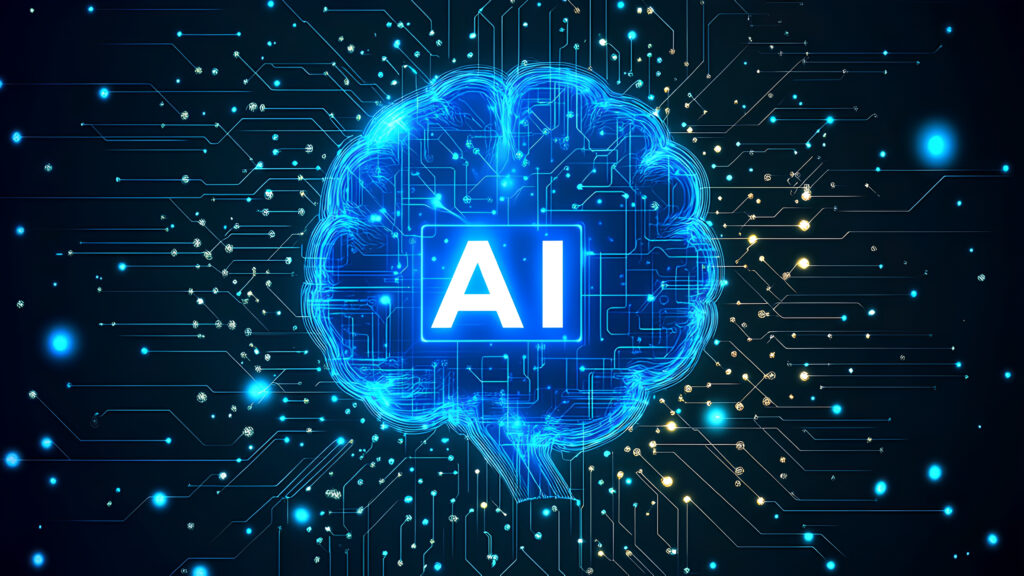AI Integration: Revolutionizing Business with Intelligent Automation

Introduction
Artificial Intelligence (AI) is transforming industries by automating processes, enhancing decision-making, and driving innovation. Businesses that integrate AI into their operations gain a competitive edge, improving efficiency and customer experience. AI integration is no longer optional—it is essential for companies looking to future-proof their operations.
What is AI Integration?
AI integration refers to embedding AI technologies into existing systems, applications, and workflows to automate tasks, analyze data, and optimize performance. AI-powered solutions, such as machine learning (ML), natural language processing (NLP), and computer vision, help businesses scale operations and improve decision-making.
Benefits of AI Integration
Adopting AI-driven solutions offers numerous advantages, including:
- Enhanced Efficiency – Automates repetitive tasks, freeing up human resources for strategic initiatives.
- Data-Driven Decision Making – AI-powered analytics provide valuable insights for better business strategies.
- Personalized Customer Experiences – AI enhances user interactions with chatbots, recommendation engines, and predictive analytics.
- Improved Security & Risk Management – AI identifies threats and detects anomalies in real-time.
- Cost Savings – Reduces operational costs by optimizing workflows and minimizing manual intervention.
Key AI Integration Areas
- Customer Support Automation – AI-driven chatbots and virtual assistants provide 24/7 support and resolve customer queries efficiently.
- Predictive Analytics – AI forecasts trends and consumer behavior to enable data-driven marketing and business decisions.
- Process Automation – Robotic Process Automation (RPA) streamlines repetitive business tasks, reducing human effort and errors.
- AI in Cybersecurity – Advanced AI algorithms detect and mitigate cybersecurity threats, ensuring data protection.
- Supply Chain Optimization – AI-driven logistics and demand forecasting enhance inventory management and supply chain operations.
AI Integration Best Practices
To maximize the impact of AI, organizations should follow these best practices:
- Identify Use Cases – Determine which business processes can benefit most from AI integration.
- Ensure Data Readiness – Clean and structure data for AI models to deliver accurate insights.
- Invest in Scalable AI Solutions – Choose AI tools that align with long-term business objectives.
- Monitor & Optimize – Continuously evaluate AI performance and fine-tune models for improvement.
- Encourage AI Adoption – Train employees on AI applications to drive seamless adoption across teams.
The Future of AI Integration
With advancements in AI, businesses will witness greater hyper-automation, AI-driven personalization, autonomous decision-making, and ethical AI development. Companies that proactively integrate AI will lead in efficiency, customer engagement, and innovation.
Conclusion
AI integration is reshaping industries by enhancing automation, decision-making, and customer interactions. Businesses that embrace AI-driven solutions will gain operational efficiencies, improve service delivery, and maintain a competitive edge in the digital era.